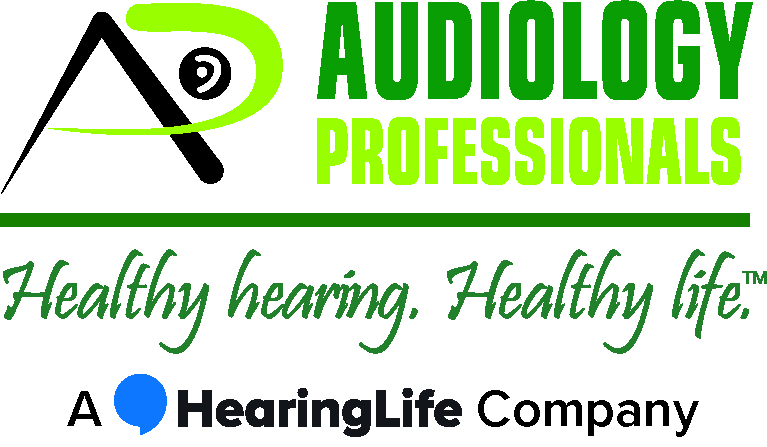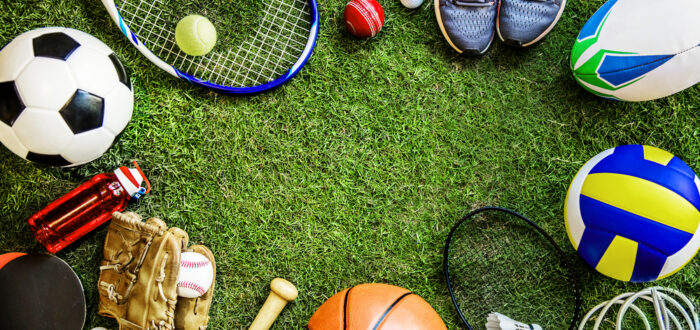Hearing loss can pose unique challenges for athletes participating in sports, affecting communication, safety, and overall performance. In this blog, we delve into practical strategies and tips for athletes and coaches to navigate hearing loss effectively in sports settings, ensuring inclusion, communication, and safety for all.
Understanding Hearing Loss in Sports
Hearing loss can result from various factors, including genetic predisposition, noise exposure, or aging. Athletes with hearing loss may face difficulties in understanding instructions, communicating with teammates and coaches, and perceiving environmental cues critical for performance and safety during sports activities.
Strategies for Athletes with Hearing Loss
Strategies for athletes with hearing loss encompass a range of techniques and approaches aimed at optimizing communication, safety, and performance in sports settings.
- Communication: Communicate openly with teammates and coaches about your hearing loss and preferred communication methods. Use visual cues, hand signals, and gestures to supplement verbal instructions and facilitate effective communication on the field or court.
- Advocate for Yourself: Advocate for accommodations and support that meet your needs as an athlete with hearing loss. Work with coaches and team officials to ensure access to assistive listening devices, if necessary, and implement strategies to optimize communication and performance.
- Safety Precautions: Prioritize safety by being aware of your surroundings and potential hazards during sports activities. Stay vigilant and alert to visual cues and instructions from coaches and teammates to mitigate safety risks associated with reduced auditory awareness.
- Training and Preparation: Focus on developing skills and techniques that capitalize on your strengths as an athlete with hearing loss. Seek guidance from coaches and trainers to tailor training programs and strategies to optimize performance and address specific challenges related to hearing loss.
Strategies for Coaches and Team Officials
Strategies for coaches and team officials involve creating inclusive environments, implementing effective communication methods, and providing support and accommodations to ensure athletes with hearing loss can fully participate and excel in sports.
- Education and Awareness: Educate yourself and team members about hearing loss and its impact on sports participation. Foster a supportive and inclusive environment that values diversity and accommodates the needs of athletes with hearing loss.
- Clear Communication: Use clear, concise, and visual communication techniques to ensure all athletes, including those with hearing loss, understand instructions and expectations during training and competition. Utilize hand signals, gestures, and visual aids to supplement verbal communication as needed.
- Accommodations and Support: Provide access to assistive listening devices and other accommodations to support athletes with hearing loss. Collaborate with athletes and support staff to identify and implement strategies that promote effective communication, safety, and inclusion in sports settings.
- Advocacy and Empowerment: Advocate for the rights and inclusion of athletes with hearing loss within the sports community. Encourage open dialogue and mutual respect among team members, coaches, and officials to foster an inclusive and supportive culture that celebrates diversity and embraces individual differences.
Hearing loss should not be a barrier to sports participation or success. By implementing communication strategies, prioritizing safety, and fostering inclusion in sports settings, athletes with hearing loss can thrive and excel alongside their peers. Coaches and team officials play a crucial role in creating an environment that supports the needs of all athletes, ensuring equal opportunities and experiences for everyone on the team.
Contact Us Today!Your hearing health is important to us. If you are having trouble with your hearing, contact the Audiology Professionals team by calling (541) 228-9233. Alternatively, click here to contact us online.

